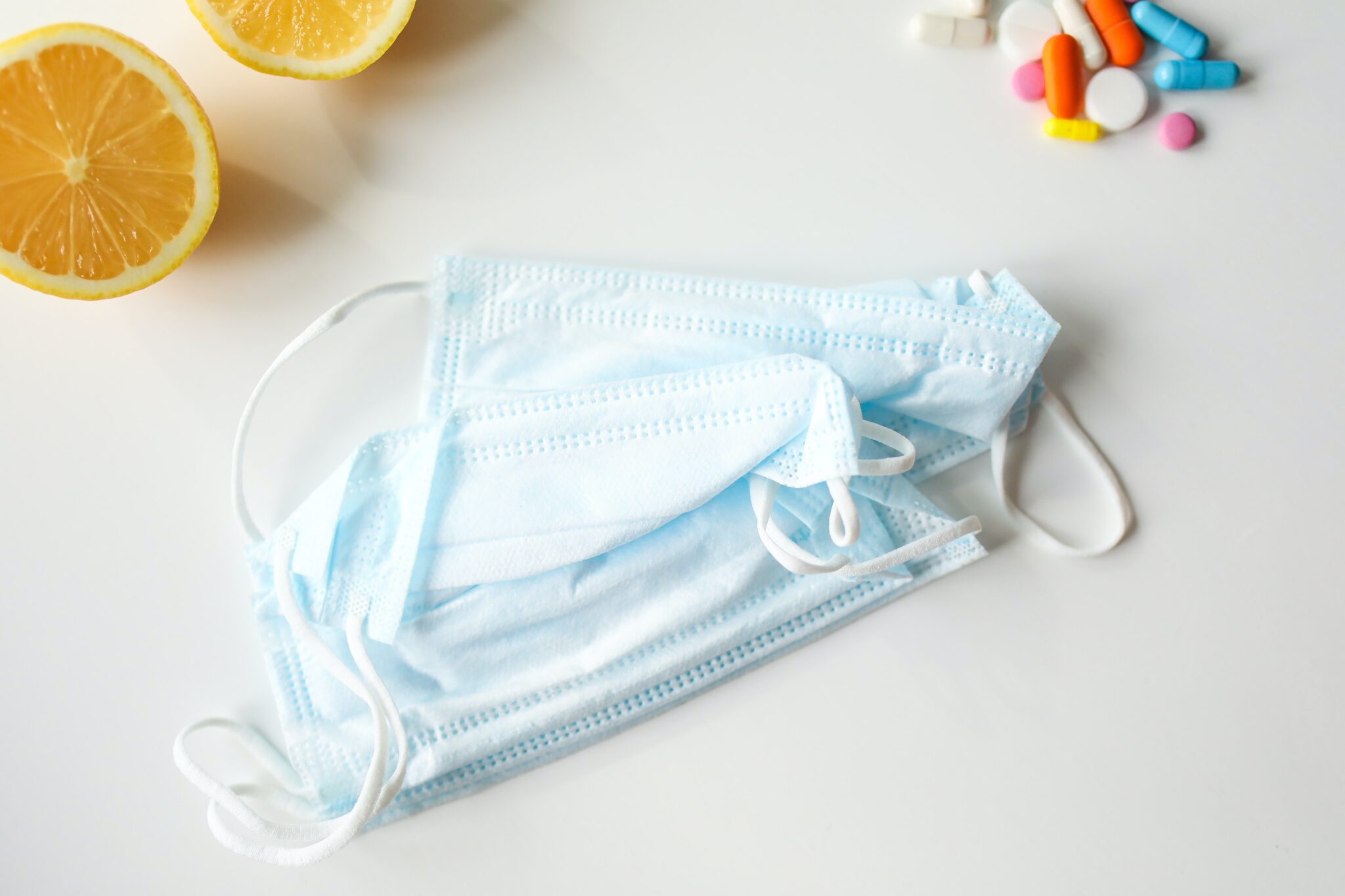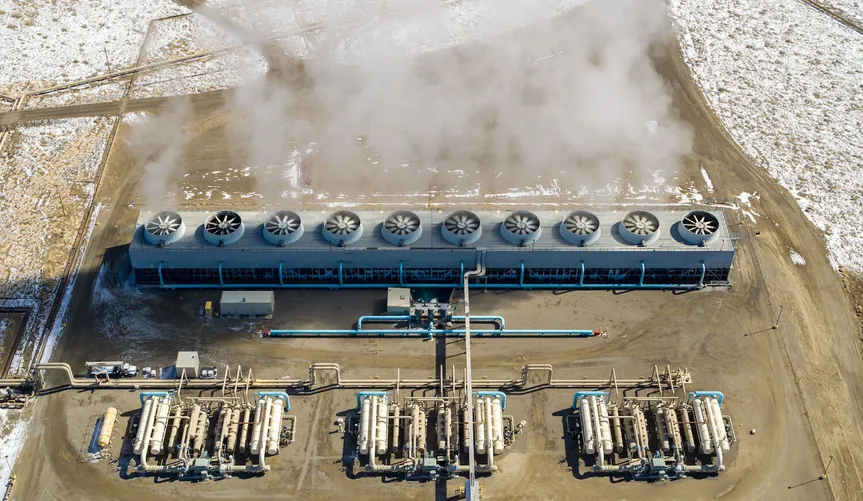The long-awaited start of spring also brings the beginning of allergy season. So, it is important to understand the difference between COVID-19 infections and allergies. We know that sneezing and congestion of any kind can make people very nervous, and being near someone who has allergies can cause the average citizen to immediately don a mask or even clear the area altogether. However, if the sneezing individual is you, there are definite ways to tell whether you are infected with the coronavirus or simply having an allergy attack. With an allergy attack, there is no fever or aches. Some people claim to be achy in the spring, but this is unusual. While there are exceptions, fevers do not usually occur with allergies. Loss of taste and smell are generally related to a COVID-19 infection and not allergies. All in all, wearing a mask, washing your hands and keeping your distance from those exhibiting sneezing and congestion are good ways to avoid infection, even though most of those people are probably just experiencing allergies related to spring pollen.
While precautionary methods are definitely recommended, it is also a good idea to improve your body’s ability to defend against illnesses. Working out aerobically is a good way to boost your immune system. A simple walk of one mile, jogging three miles or getting on a bicycle at least three times a week will help get your immune system in great shape. If you have back or knee issues, talk to your doctor. But if you’re healthy enough, exercise can really help. If you’re concerned about increased contact with people—after all, warmer weather brings everyone outdoors—stay inside and do three miles on an elliptical or four miles on a stationary bike to help keep your immune system healthy.

Improving your ability to fight illness is important because any of the variants—even new ones—can arise and infect people. So, don’t let your guard down. Even though the numbers have dropped dramatically, the coronavirus is not gone. In fact, both the delta and omicron variants will be with us forever. There are also other seasonal infections to worry about like influenza, respiratory syncytial virus (RSV) and Borrelia (the bacterium that causes Lyme Disease). All of these infections can surface year-round and confuse doctors with symptoms similar to those of coronavirus.
If you plan to travel this spring and summer, consider wearing a mask in closed spaces where there is poor ventilation and where you are unfamiliar with other people. Buses, trains, subways and airplanes are good places to acquire COVID-19 and other allied diseases. Since it is no longer strange to see people wearing masks in public spaces, you might as well wear yours—it is better to be safe than sorry. If your gym, home or gathering place has poor ventilation and you find yourself in close contact with people, be very careful. If possible, make sure that you know who is vaccinated and who is not. If you have waited this long to get vaccinated because you are concerned about the safety of the vaccine, consider that tens of millions of people have been vaccinated without issues. There are always exceptions to every rule, but you are not likely to be one of them, so if you are not vaccinated or boosted, act now so you can have a wonderful, safe summer.
As this virus winds down and becomes endemic, nurture your immune system and treat it well. If you have recovered from a serious infection or just want to ensure you have a healthy, vibrant summer, eat well and nurture your biome. You can do this by consuming yogurts and fermented foods. A conscious effort to look at what you eat will go a long way. Limit your intake of refined carbohydrates and concentrate on foods rich in protein, fiber (granola and high fiber cereals), healthy fats and other micronutrients. Make sure that your vitamin D level is normal because the winter months tend to sap the body of this important vitamin due to the lack of sun exposure. Make sure that you have enough zinc and selenium as well. These are very good antiviral micronutrients. You can get zinc from oysters, pumpkin seeds and beans, and selenium is found in mushrooms, Brazil nuts and all kinds of seafood.

All in all, we could be near normal this spring and summer if no new variants surface and we stay vigilant. So, take care of your body and your body will take care of you.
Dr. Robert G. Lahita MD, PhD (aka “Dr. Bob”) is a renowned doctor and the Director of the Institute for Autoimmune and Rheumatic Disease at Saint Joseph Health in Paterson, N.J. He is also the author of IMMUNITY STRONG: Boost Your Natural Healing Power and Live to 100, which is available for order here.







